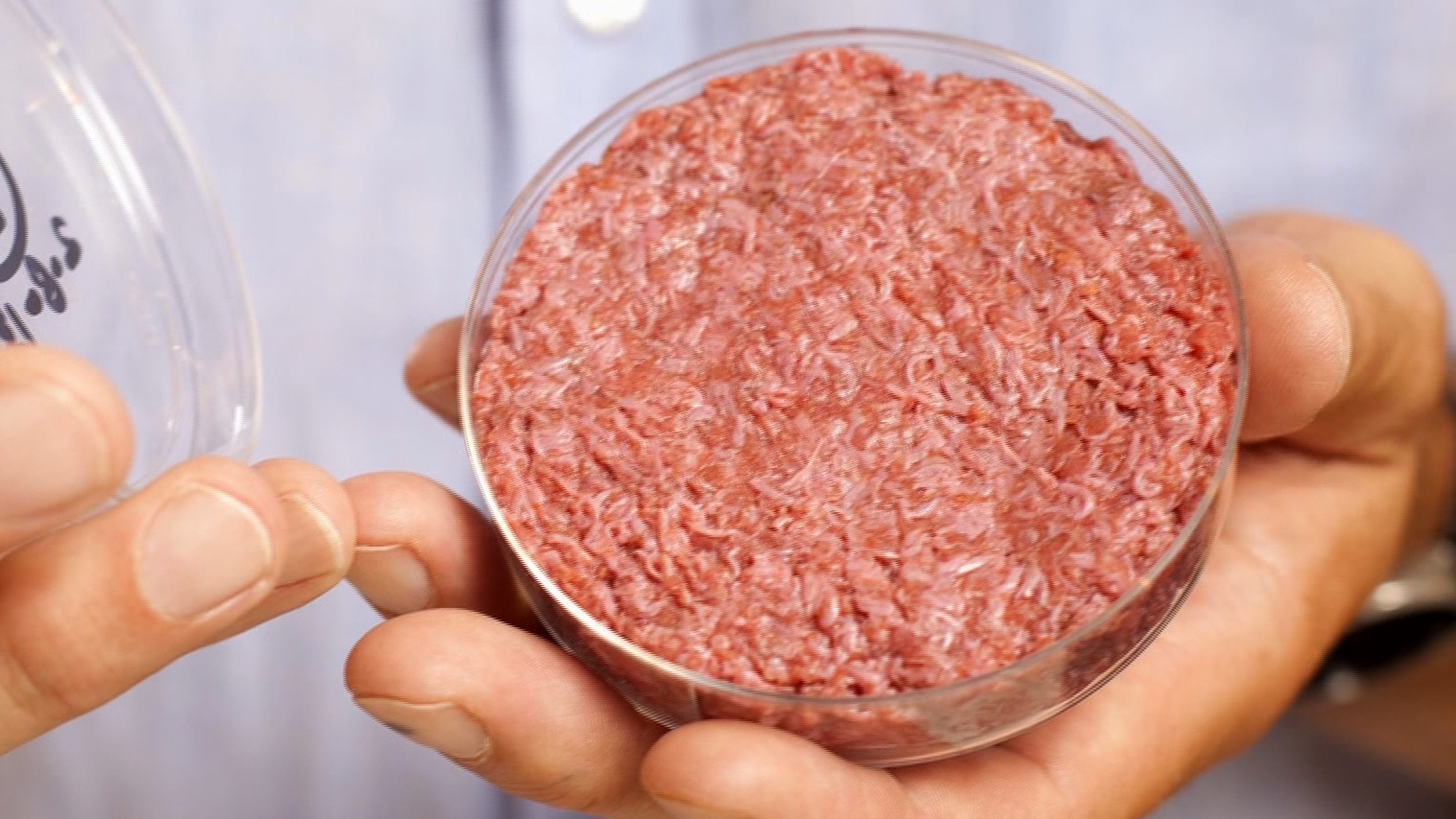Besides reducing land and labour needs, impacts on environment, and the risk of animal-borne diseases, cultured beef can also help improve food security. There is a long way to go before it makes it way to restaurant menus, but this technology may well change the future.
Related Post
CULTURED MEAT: MISSION IMPOSSIBLE?
Despite the many optimistic stories about cell-cultivated meat production, the reality in 2024 is that only a small fraction of the grand visions articulated in 2013—when the first $300,000 Mosa Meat burger was unveiled—have been realized. Even with a massive $1.6 billion in venture capital investments in 2021 and 2022, the anticipated market breakthroughs have […]
IMPOSSIBLE IS POSSIBLE
TO CATER TO INCREASING CONSUMER DEMANDS FOR LESS MEAT AND MEAT-FREE OPTIONS, PLANT MEAT FOODS NEED TO GET MORE REALISTIC, SUCH AS WITH THE ‘PLANT BLOOD’ BY IMPOSSIBLE FOODS. HENK HOOGENKAMP ADDRESSES THE FLEXITARIAN TREND AND RECENT DEVELOPMENTS WITH MEAT-FREE FOOD.
Hybrid Burgers gain popularity (part 2)
The rapid global population growth puts pressure on the available food resources. Subsequently, innovative technology needs to be implemented to increase food and meat production without damaging the ecological infrastructure. Manufacturing hybrid-meat products is such an example of how to safeguard sustainability, nutrition, and affordability.
Olie en Vlees (Dutch)
De wereldvoedselsituatie wordt niet zelden opgevoerd in de discussies over
al dan niet duurzame vleesconsumptie. De voedselprijzen zijn sinds een piek in 2011 continu gedaald. In combinatie met dalende olieprijzen biedt dit zowel
uitdagingen als kansen voor onze voedselsystemen
The domination keeps on growing
Chicken is a unique fit for contemporary lifestyles – the most protein delivering meat, still affordable

